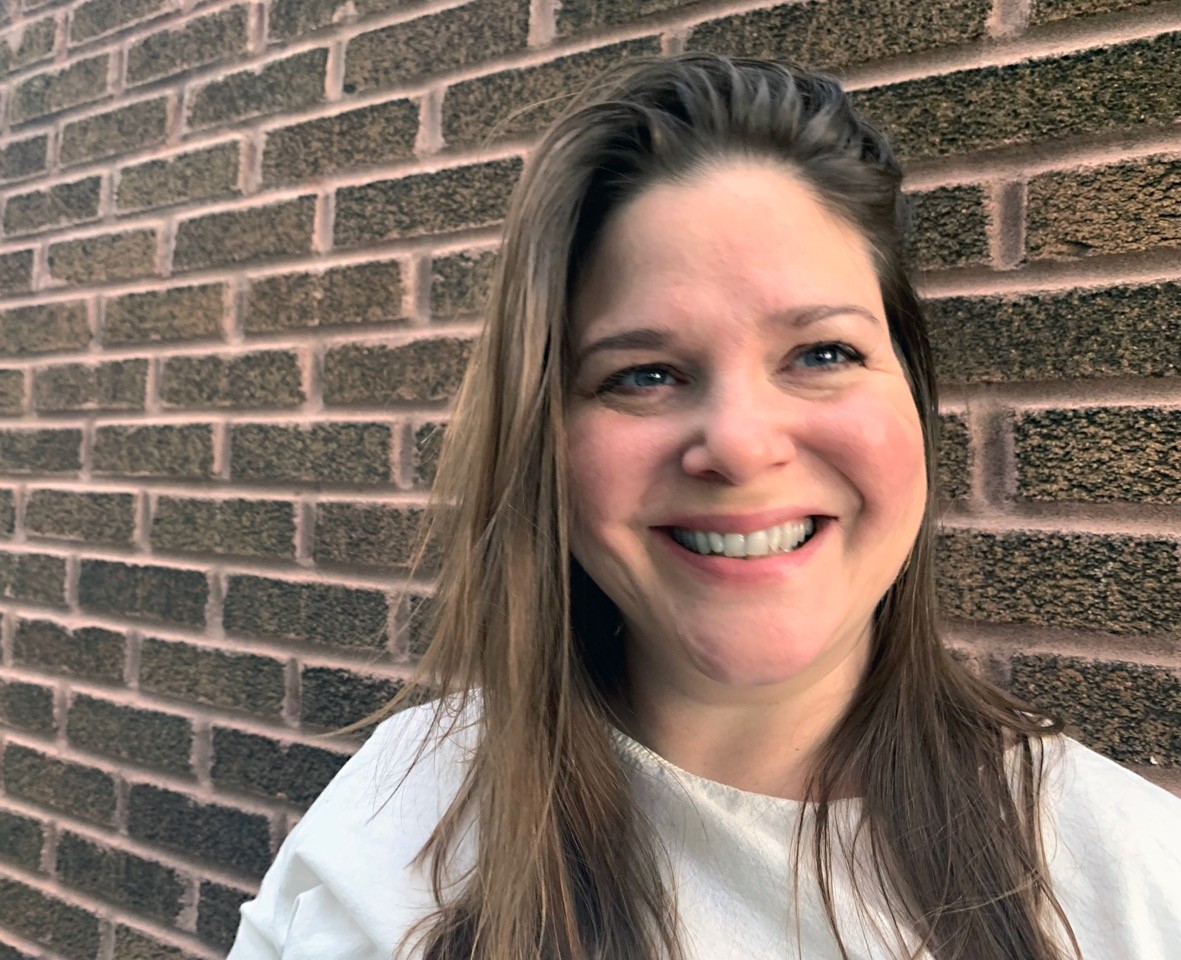Momus founder Sky Goodden joins Concordia’s Faculty of Fine Arts

Concordia’s Faculty of Fine Arts has appointed Sky Goodden (BFA'07 Art History) as a new Affiliate Assistant Professor in the Department of Studio Arts. She is also partnering with Concordia for the third consecutive summer on the Momus Emerging Critics Residency.
Since 2014, Goodden has been the Founding Publisher and Editor of Momus, an international online publication that focuses on contemporary art criticism. She is the co-producer and co-host of Momus: The Podcast, an art criticism podcast in its fourth season that was recently celebrated by The New York Times. Goodden holds an MFA in Criticism & Curatorial Practice from OCAD University (2010) and an art history degree (Concordia, 2007).
During her three-year appointment as an affiliate assistant professor, Goodden will contribute to the Department of Studio Arts and the Faculty of Fine Arts in a variety of ways: providing mentorship to students and industry access in the field of art publishing, collaborating with faculty and staff on grant writing and research, and continuing to offer the Momus Emerging Critics Residency through the Faculty of Fine Arts.
“I’ve been running Momus on my own for almost seven years, with a very, very small team that’s based around the world, and connected remotely,” says Goodden. “So it’s completely exciting to build more of an immediate community around this work.”
“As a graduate of Concordia’s Faculty of Fine Arts, this feels like coming full circle, extending year-round mentorship in addition to some teaching, professional development, and resource sharing with the department’s deep pool of talent.”
Goodden remembers completing her MFA and wrestling with how to launch her professional life. “I know firsthand what it means to come through a degree, where you look around after it's done and wonder how in the world to bring that massive, complex cloud system of theory and history and discourse down to the earth to water your very material life. I don't think students should be waiting until their degree is finished to ask themselves those hard questions. Ideally we're engaging with mentorship, understanding points for professional entry, and gaining experience much earlier - as an imprinting part of that more rigorous or formal learning.”
The call for applications for this year’s edition of the Momus Emerging Critics Residency remains open until June 28th at 12pm (noon) EST for current or recent alum of Concordia’s Fine Arts department (the call for non-Concordia applicants is now closed). The residency will take place online from August 9th to 20th and the Faculty of Fine Arts and Art Volt invites students and professionals to apply. Up to 10 successful applicants who are Concordia students or recent Concordia alumni will receive tuition coverage.
“The Momus Emerging Critic residency is an incredible opportunity for alumni to learn from, and exchange with, professionals and peers from various backgrounds within the field of publishing and contemporary art,” says Fannie Gadouas (BFA‘15) the Art Volt and Special Projects coordinator. “It’s a great way to start off your post-graduation life!”
The 10-day residency will include workshops aimed at developing the necessary professional skills required to navigate the field of art publishing and writing. Workshop leaders will include a range of leading artists, writers, and curators including Hannah Black, Léuli Eshrāghi, Candice Hopkins, Ebony L. Haynes, Emmanuel Iduma, Jessica Lynne, and Catherine G. Wagley.
Goodden says that the residency program is designed to more transparently chart the opportunities, potential, and risks in the field of art writing.
“It can be opaque, exclusionary, uninviting. We know this, and yet we do very little to pull the curtains back or kick open the windows for people. Instead, we expect them to learn some shadowy code. This needs to be over now. It’s too crucial to the success and relevance of art writing that we involve more voices in art publishing - and earlier in their professional trajectory - and that, during these first crucial years of their professional development, we guide emerging talent in meaningful, human, real-world ways.”